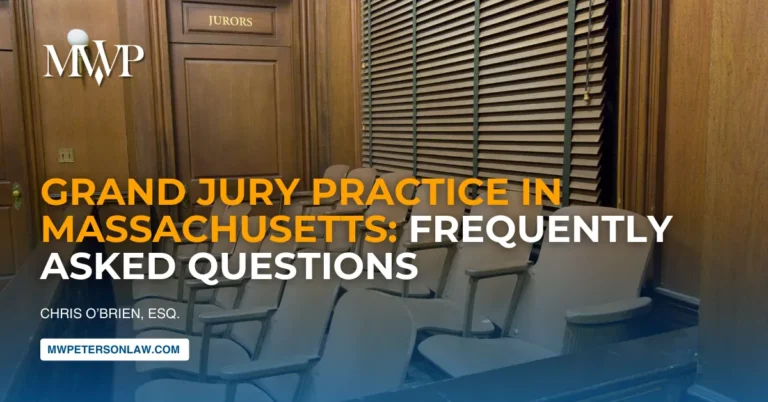The Right And Best Attorney For You
Selecting the best attorney can be the key to achieving a successful outcome for your case. Whether you’re facing a legal challenge or simply need professional advice, finding a lawyer who aligns with your needs and expectations is crucial. Here are the top 10 factors to consider when choosing the right attorney for you.
1. Communication Style
Communication is vital in any attorney-client relationship. Your initial interaction with the lawyer should be clear and make you feel comfortable. Ensure that you and the lawyer share a similar communication style. For example, some attorneys prefer a more formal tone, while others, like me, opt for a light-hearted, friendly approach to put clients at ease. Find what works best for you.
2. Experience
The right lawyer should have a proven track record in handling cases similar to yours. While every case is unique, having relevant experience is a good indicator that the attorney has the skills and knowledge needed for your situation. Ask for examples of past cases and their outcomes to gauge their expertise.
3. Technology
In today’s digital age, how a lawyer incorporates technology into their practice can significantly impact your experience. I, for instance, operate a paperless office, which allows me to send documents electronically for your convenience. Some lawyers, however, may prefer traditional paper communications. Determine which method aligns with your preferences and needs.
4. Education
An attorney’s educational background can give you insight into their qualifications. Look for a lawyer who has attended reputable institutions and has continued their education through certifications or specialized training that matches your legal needs.
5. Gameplan
Before hiring an attorney, discuss a preliminary game plan for your case. This strategy should align with your goals and expectations. Keep in mind that the game plan may evolve as the case progresses, but it’s essential to ensure that you and your lawyer start on the same page.
6. Price
Legal fees vary depending on the complexity of the case and the attorney’s experience. Discuss the cost upfront and make sure it fits within your budget. Be wary of the cheapest option, as it might mean corners are being cut. Understand the billing structure, whether it’s a flat fee or an hourly rate, and ensure you’re comfortable with the proposed budget.
7. Goals
Clearly define your case goals and discuss them with potential lawyers. They should provide honest feedback on whether your goals are realistic and achievable. Trust is paramount; ensure the lawyer’s vision aligns with yours and that they are not just telling you what you want to hear to secure your business.
8. Reviews and Testimonials
Research reviews and testimonials from former clients. Don’t just focus on the overall rating; read the detailed reviews to get a sense of the lawyer’s strengths and weaknesses. Authentic client experiences can provide valuable insights into what you can expect.
9. Payment Options
Flexible payment options can make legal services more accessible. Check if the attorney offers payment plans, accepts credit cards, or provides financing options. Upfront payments might be necessary in some cases, but ensure you’re comfortable with the financial arrangements.
10. Trust
Finally, trust your instincts. Sometimes choosing the right attorney comes down to a gut feeling. Your case is often one of the most important things in your life, so it’s crucial to select someone you trust and feel comfortable with, even if you can’t fully explain why.
I understand that I’m not the right attorney for everyone, but if you’re seeking legal assistance in Boston or Massachusetts, considering these factors can help you find the lawyer who best fits your needs.











